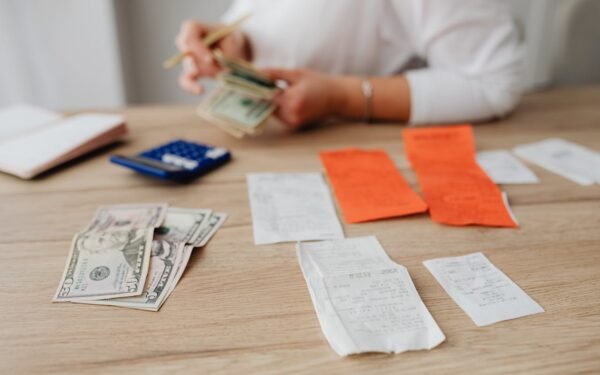How To Keep Better Track of Personal Finances
Keeping track of your personal finances can be a challenging task, but it is one which is ultimately rewarding so that you don’t end up spending more than you are making every month. Learning how to keep a better handle on your finances is something which shouldn’t be overly challenging, but it does require a high level of time and discipline. To help you out with this matter, we have detailed a few steps below that you can start using in your life to get control of your money.
Contents
Create a System
First and foremost, you need a clear system in place of how you are going to log all your transactions. No matter how you do this, you need to have the ability to refer back to them easily whenever you need to. Important information that you need to feature includes the date, the amount spent or earned, and the type of expense category. You need to do this with all your transactions otherwise it will not be reliable.
Decide on Expense Categories
We just mentioned splitting your expenses into categories, so now you need to work out which are the best ones to have. You could have two overarching categories: essentials and non-essentials. Under the former, you have housing, utilities, groceries etc. Under the latter, entertainment, meals out, shopping etc. Once you have everything laid out in front of you, it is much easier to find ways to make cutbacks wherever you need them.
Choose a Method of Data Recording
The simplest method of recording the data is in a notebook, which you will need to carry with you at all times. This is the best approach for people who prefer to do things the old-fashioned way. Otherwise, you could use a computer spreadsheet which helps to organise your expenses clearly. Other electronic tools like a paystub generator may also come in handy. The most modern way and the one that a lot of people will find convenient is using a personal finance app.
Analyse Your Finances at the End of the Month
No matter the method that you choose to record the data, you need to analyse your finances at the end of every month. Total the expenses of each category and work out the percentage spent compared with your salary. If there are any stand out areas in which you think you are spending way too much, work out ways that you can make cutbacks. When it comes to doing your monthly budgeting for the next month, you can then check what sort of improvements have been made.
Follow these four steps and you should put yourself on the right path towards keeping control of your personal finances. Remember, this is always going to be an ongoing task, so you need to be prepared to make adjustments and improvements over time as your financial situation and your monthly expenses change.



